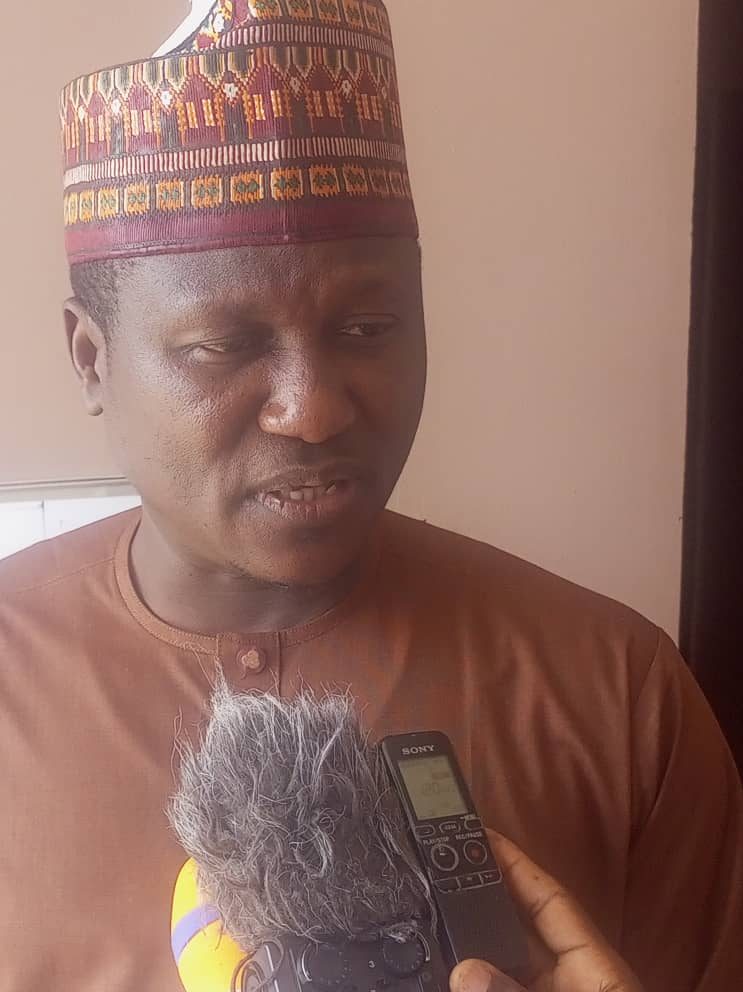Published
1 month agoon

From ABBAS GUNGURA, Bauchi
The Bauchi Field Office Social Policy Specialist, UNICEF Bauchi, Dr. Yusuf Auta, has appealed to governments at all levels to increase budgetary allocation for children-focused interventions.
Dr. Auta made the appeal when presenting a paper at a two day media dialogue titled “Addressing Child Poverty in Bauchi, Gombe and Adamawa states” held at the Evolution Hotel, l. He pointed out that children are the majority population in most states of the federation, hence the need to prioritise them.
The UNICEF Social policy specialist, while defining child as any person below the age of eighteen, further explained that Child Poverty is when a child lacks access to basic consumption needs such as nutrition, shelter, education, healthcare, sanitation and other social amenities.
He explained that the 2022 Population Projection of Adamawa State is 4.9 million, Bauchi has 8.3 million while Gombe State has a population of 3.9 million, adding that the population of children between 0-17 years in Adamawa is 2.4 million, Bauchi is 4.7 million while Gombe State has 2.1 million.
“You can now see that children are the bedrock of any sustainable society, but if this segment of the population is deprived of its rights to education, water, sanitation, nutrition, health and protection, then there is a problem as this in turn will create a big negative impact on the development of the nation,” he emphasized.
“The 2022 Multiple Indicator Cluster Survey (MICS) states that 73 million children in Nigeria representing 71.9 percent were multi-dimensionally poor in 2016/2017, while 64 million children representing 60.6 percent were multi-dimensionally poor in 2021. 47.7 percent children in Nigeria experienced monetary poverty, that is, those who live in households surviving on N376.5 per day in 2019,” he said.
Presentating a paper titled, “The Effects of Child Poverty on Socio-economic Development in Nigeria, Dr. Ali Madina Dankumo, a lecturer with Department of Economics and Development Studies, Federal University of Kashere, said that child poverty contributes to social unrest and crime rates as individuals may turn to illegal activities as a means of survival, which in turn undermine social cohesion and stability that deny socio-economic development.
“Since children are the future workforce and leaders of a nation. Failing to address child poverty deprives the country of the potential contributions of its youths, limiting overall capital development and innovation,” he said.
Dankumo called on media organizations to hold governments and policy makers accountable for their commitments to addressing child poverty by exposing corruption, inefficiency and lack of transparency in the implementation of poverty reduction policies, putting pressure on authorities to take action for the good and production of future leaders.







